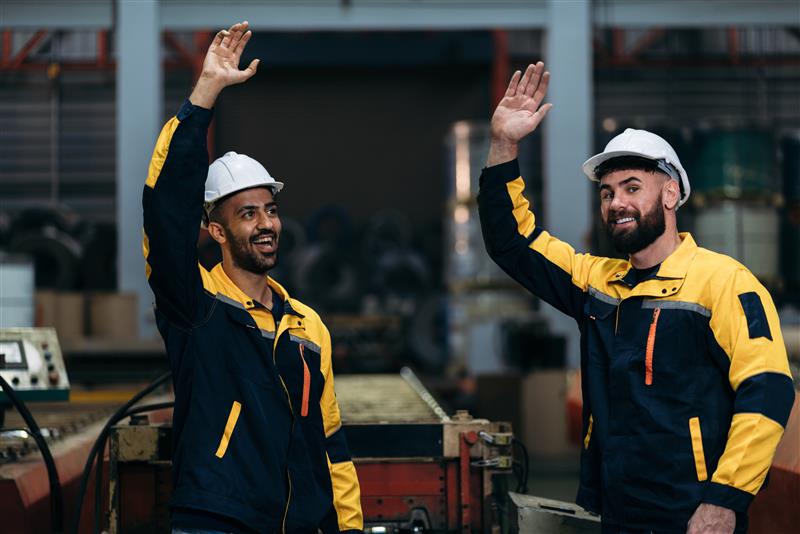Germany’s vocational training system is globally recognized for its effectiveness in preparing skilled professionals. Combining hands-on workplace training with classroom education, the dual vocational training system (Ausbildung) ensures comprehensive learning. Here’s everything you need to know about this well-structured program.
What Is the Goal of Dual Vocational Training?
The dual vocational training system is designed to provide in-depth expertise in a chosen profession, going beyond basic job training. For instance, a mechatronics engineer trainee learns not only practical skills like engine repair but also gains theoretical knowledge about vehicle functionality—even if their training company specializes in a different area.
Trainees receive:
- Practical training at a company (with a salary).
- Theoretical education at a vocational school (Berufsschule).
This dual approach ensures well-rounded skill development.
Which Occupations Are Officially Recognized?
Germany offers 328 state-recognized training occupations across various sectors.
Some of the most in-demand roles that Indian youth can apply for include:
- Nursing and elderly care
- Hotel management and hospitality
- Restaurant services and cooking
- Electricians and plumbers
- Mechatronics and machine operators
- Automotive service technicians
Each occupation must be approved by the relevant government ministries to ensure nationwide standardization.
How Long Does Vocational Training Take?
The duration varies by profession, typically ranging between 2.5 to 3.5 years, as defined in vocational training regulations.
What Are the Entry Requirements?
There are no mandatory educational qualifications set by law. Instead, training companies decide the eligibility criteria based on their needs. Some may require a school-leaving certificate, while others focus on aptitude.

How Does Workplace Training Work?
- Trainees spend 3-4 days per week at the company, learning practical skills.
- Only authorized companies (approved by chambers like IHK or HWK) can offer training.
- Each company must have qualified trainers and sufficient specialists to guide trainees.
How Does School-Based Training Function?
Trainees attend vocational school (Berufsschule) for:
- 1-2 days per week (or in block sessions).
- Subjects include occupation-specific theory, German, politics, sports, and often math, English, and electives.
What Certification Is Awarded?
After completing training, trainees take a final examination (e.g., journeyman’s exam for trades or IHK certification). Successful candidates receive a recognized professional qualification, enabling them to work in their field.
Are There Alternatives to Dual Vocational Training?
Yes, specialist vocational schools (Berufsfachschulen) offer state-recognized programs where training is school-based, supplemented by internships.
How Magic Billion Helps Indians Enroll in Germany’s Ausbildung Program
If you’re an Indian looking to build a career in Germany through vocational training, Magic Billion provides end-to-end support, including:
- Career Counseling – Guidance on choosing the right Ausbildung program based on skills and interests.
- Application Assistance – Help with documentation, resume building, and interview preparation.
- Employer Connections – Partnerships with German companies to secure training placements.
- Visa & Relocation Support – Assistance with visa processing, accommodation, and settling in Germany.
- Post-Arrival Assistance – Continued support after you land — from airport pickup coordination to local orientation and helping you adjust to work and life in Germany.
With Magic Billion’s expertise, Indian candidates can smoothly transition into Germany’s dual vocational training system, opening doors to long-term career opportunities in Europe.
Start your journey today! Explore Work Opportunities in Germany





